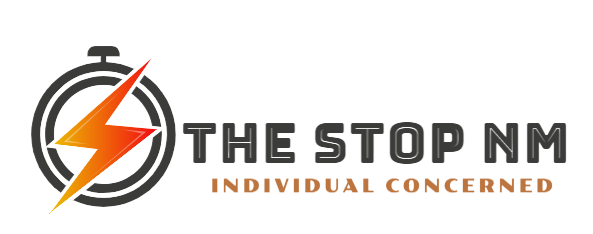The fake online degrees are a real thing and there are a lot of businesses that provide them. These companies create certificates that include holograms as well as stamps, signatures, and other components that are similar to those of universities.
A thorough reference check can help find fake credentials. This can involve contacting professional and personal references to get a better understanding of the candidate’s qualifications.
Counterfeit Diplomas
The people who buy fake diplomas don’t usually be charged with criminal offenses. It is nevertheless important to understand the difference between a novelty diploma and an authentic one. The novelty diploma is simply a piece of printed paper that bears your name on it. It can be displayed on your wall, or show your friends the diploma as a source of entertainment. The purchase of this certificate is not illegal, and it is not prohibited to frame or display it in your home.
A real degree is, however, is an official document that confers certain rights as well as obligations on a graduate. They are considered property, and graduates have a right to the appropriate return on the money they invested in their studies.
Fake diploma mills are the result of the demand for diplomas from people, particularly those who can’t afford the cost of attending legitimate academic institutions. They might be motivated by the desire to enhance their chances of success in the future or by desperation due to budgetary constraints.
Recruiters make use of degrees and other credentials to determine the eligibility of a candidate for the job. The use of fake documents can hinder the process and lead to an unhealthy work environment. It is therefore important to establish a thorough background screening procedure that includes the verification of degrees. This can protect your company from fraud, and ensure that the people you select are qualified to be hired for the position.
Diploma Mills
These degree mills offer degrees that don’t require a certain level of academic achievement. These fake certificates are usually given for life and work experiences, not the academic coursework required to earn a real university degree. They could have significant legal ramifications for both the seller and buyer of a fake degree, including criminal and civil prosecution, fraud, and penalties.
Diploma mills earn money from the $900 billion education fraud market. To stay out of trouble They often operate under foreign or state governments with weak laws on education. They promote their degrees with highly-pressured sales tactics and employ people with little or no education to assess applicants and validate the authenticity of their academic credentials. Credential evaluation offices at universities and colleges and HR professionals within employers are responsible for identifying these scams. These reviewers must carefully examine every credential presented as well as the distinct indications of a mill can be spotted with an attentive eye.
The most obvious sign of a diploma mill is an unreal timeline for completing a degree. For instance an associate’s diploma typically takes two years to achieve, but if someone claims to have earned it in only months or weeks, it is likely that they are the result of a diploma mill. Some other red flags are institutions with names that resemble a legitimate university or exotic-sounding names that are designed to attract attention.
Validation of academic Credentials
Examining the academic credentials of an applicant is a vital step in the hiring process for new employees. This will confirm that an applicant has the necessary qualifications to be hired, as well as minimize any legal liabilities that could arise.
To validate the authenticity of an online degree, it’s important to use reputable sources like university and certification board websites. These verification tools will provide real data about the person’s educational background, which can help to determine fake degrees or diploma mills.
Contacting the institution that applicants claim to have attended is a different method of confirming their academic qualifications. However, this could be difficult if the school does not exist or isn’t recognized by the U.S. Department of Education. Employers must be on the lookout for warning signs, like the name being unusual or a absence of accreditation.
Another option to verify an online degree is to utilize a digital verification system like EduVault. This platform makes use of blockchain and decentralized identity technology to create a transparent record of an academic credential that is tamper proof. It lets individuals manage their own educational documents and regulate who can access them to their records, which makes it a great solution for preventing fraud and maintaining confidence in the educational system. It also enables institutions to quickly and safely issue and verify digital credentials.
Risks of Fake Degrees
With the popularity of fake diplomas increasing, it’s more important than ever before for HR personnel to be on guard in screening applicants. The negative consequences of hiring someone who has a falsified degree can be devastating, including legal complications and damage to your business’s reputation, and potential threats to workplace safety. You can reduce this risk using background checks, including academic verification services like those offered by Barada Associates.
Recent revelations of a massive fake diploma business that earns millions of dollars per month in Pakistan have exposed the problem of diploma mills. These are fraudulent operations that offer unearned degrees to pay for. People buy fake degrees due to the fact that they cannot afford the university fees, or don’t have the necessary grades to be able to be able to graduate. However, others use it to enhance their resumes and gain social standing.
It is often difficult to detect fake credentials because of the demand for these certificates. Moreover, the fraudsters who produce these certificates tend to be multi-national and operate online and are therefore difficult to trace. However, various strategies are being employed in the hope of tackling this problem. For instance, a lot of jurisdictions are digitizing and consolidating their degree checking services into a single database. Another approach is penalizing or shaming the degree mills and the customers they serve.



